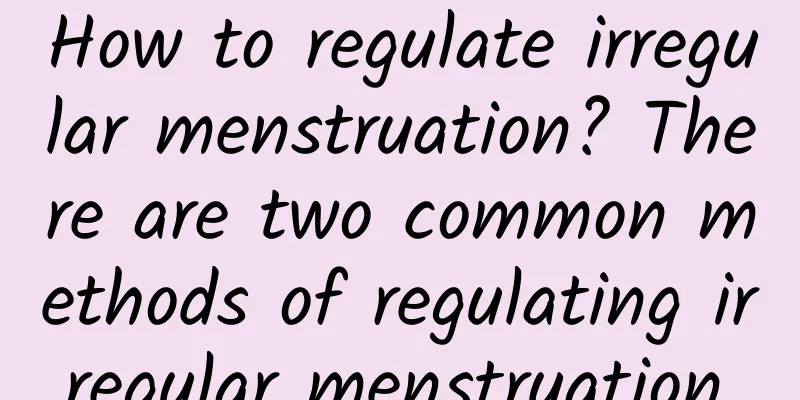Amenorrhea cannot ignore psychological factors

|
When talking about amenorrhea, we often focus on how to restore menstruation and how to regulate the female body. However, in recent years, more and more studies have found that psychology plays an important role in the disease. For women, amenorrhea is not only a health problem, but also may affect the relationship between men and women and affect fertility, which will increase the psychological pressure on women. If they are overly depressed, it may also affect the amenorrhea problem and aggravate the disease. In addition, if women are under negative psychological stimulation for a long time, it is also easy to cause amenorrhea. Therefore, experts suggest that women with amenorrhea should not ignore psychological treatment in addition to disease treatment. Amenorrhea cannot ignore psychological factors There are many reasons for amenorrhea. The establishment of normal menstruation depends on the neuroendocrine regulation of the hypothalamus-pituitary-ovarian axis and the cyclical response of the target organ endometrium to sex hormones. Any disorder in any of these links can lead to amenorrhea. Clinically, it is not uncommon for amenorrhea to be caused by psychosocial factors. Psychological factors cannot be ignored in amenorrhea. 1. Psychological causes of amenorrhea: In the survey, we found that women who are introverted, dependent, unsociable, and suspicious are more likely to experience amenorrhea. Experts point out that this is because excessive mental stress, fear, anxiety, sadness, sudden changes in the environment, disruption of the daily routine, intense ideological struggles, and strong desire for pregnancy can disrupt the connection between the central nervous system and the hypothalamus, thereby affecting the function of the endocrine axis and causing follicle maturation disorders, leading to amenorrhea. 2. Psychological aggravation of amenorrhea: Experts point out that amenorrhea is a very sensitive issue for women. Unmarried young women worry about the impact on their health and marriage; married women worry about the impact on their fertility, so they become anxious, sensitive, suspicious, irritable and restless. Such emotional stress often causes endocrine disorders and aggravates the condition. In this regard, experts suggest that when treating amenorrhea, more consideration should be given to psychological factors. Emotional relaxation training should be provided to women, and it is believed that after excessive worry, suspicion, and tension are improved, the menstrual cycle can return to normal. |
<<: 6 small folk remedies that are effective in treating constipation
>>: What are the main causes of secondary dysmenorrhea?
Recommend
What should patients with uterine fibroids pay attention to after laparoscopic surgery?
The precautions after laparoscopic surgery for ut...
What are the classifications of uterine fibroids?
What are the classifications of uterine fibroids?...
The most effective treatment for vaginitis
Vaginitis is a common disease in life, but most p...
Causes of vaginitis
Vaginitis is an inflammation of the vaginal mucos...
What are the prevention methods of cervicitis?
Cervicitis is a common gynecological disease that...
How much does it cost to cure uterine effusion?
How much does it cost to treat uterine effusion? ...
What is the "enzyme weight loss" that is popular among Japanese actresses? Enzyme experts reveal: 3 enzyme slimming and beauty secrets
Enzymes can enhance metabolism and remove excess ...
Women with irregular menstruation can drink Danggui Yanhu Decoction appropriately
Menstrual disorders are a disease characterized b...
Symptoms of ectopic pregnancy can cause the patient to have reduced blood volume
If a woman has symptoms of ectopic pregnancy, it ...
What is threatened miscarriage?
After a woman becomes pregnant, she should not kn...
After the treatment of cervical hypertrophy, a certain period of care is required
There are many reasons why the treatment of cervi...
How to treat ovarian cysts correctly?
The treatment of ovarian cysts is a very rigorous...
Do you still need to eat starch to lose weight, otherwise you will easily gain weight again? Nutritionist Cheng Mingwei: Master 4 starch weight loss techniques
People who are trying to lose weight seem to have...
What are the dangers of premature menopause in women
Menopause is a sign of female aging. The average ...
Common clinical symptoms of several uterine fibroids
The uterus is a very important organ for women. M...









